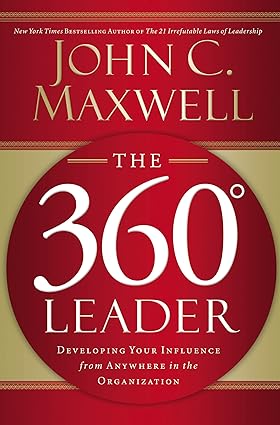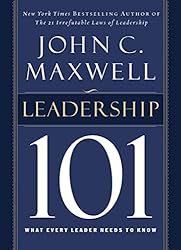Theodore Herman Albert Dreiser (/ˈdraɪsər, -zər/;[1] August 27, 1871 – December 28, 1945) was an American novelist and journalist of the naturalist school. His novels often featured main characters who succeeded at their objectives despite a lack of a firm moral code, and literary situations that more closely resemble studies of nature than tales of choice and agency.[2] Dreiser’s best known novels include Sister Carrie (1900) and An American Tragedy (1925).
Dreiser had an enormous influence on the generation that followed his. In his tribute “Dreiser” from Horses and Men (1923), Sherwood Anderson writes (almost repeated 1916 article[25]):
Heavy, heavy, the feet of Theodore. How easy to pick some of his books to pieces, to laugh at him for so much of his heavy prose … [T]he fellows of the ink-pots, the prose writers in America who follow Dreiser, will have much to do that he has never done. Their road is long but, because of him, those who follow will never have to face the road through the wilderness of Puritan denial, the road that Dreiser faced alone.[26]
Alfred Kazin characterized Dreiser as “stronger than all the others of his time, and at the same time more poignant; greater than the world he has described, but as significant as the people in it,”[27] while Larzer Ziff (UC Berkeley) remarked that Dreiser “succeeded beyond any of his predecessors or successors in producing a great American business novel.”[28]



















